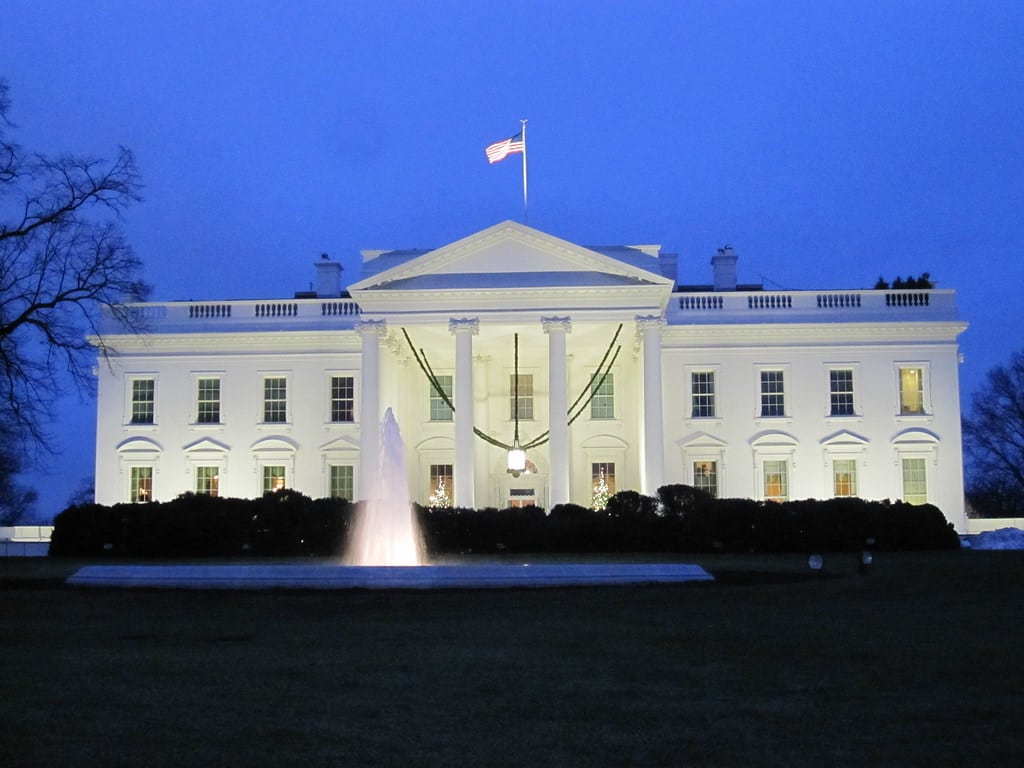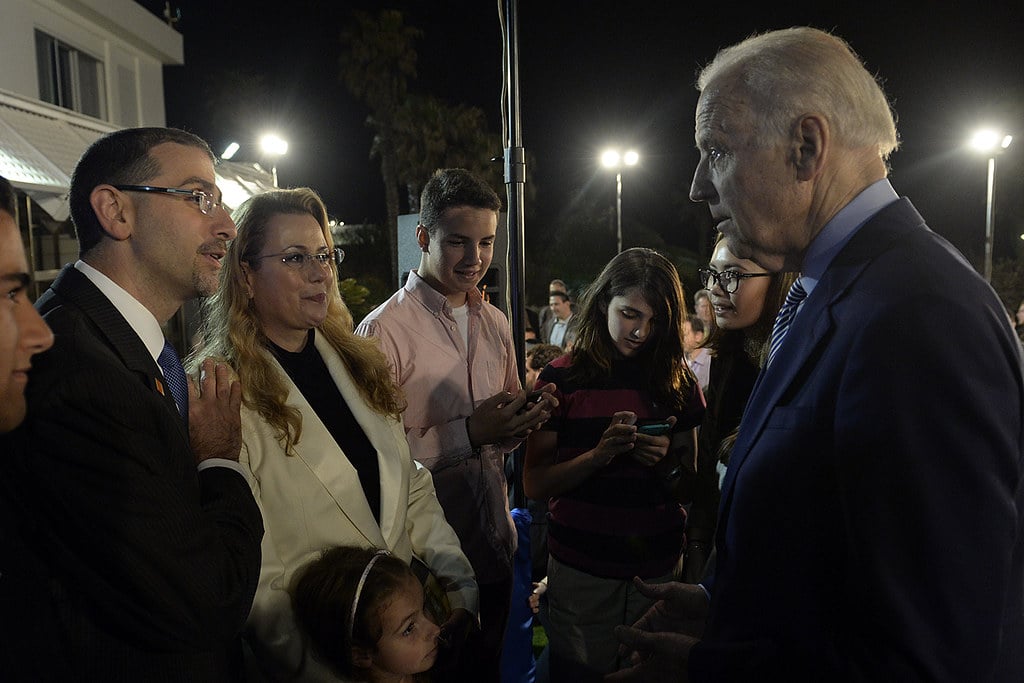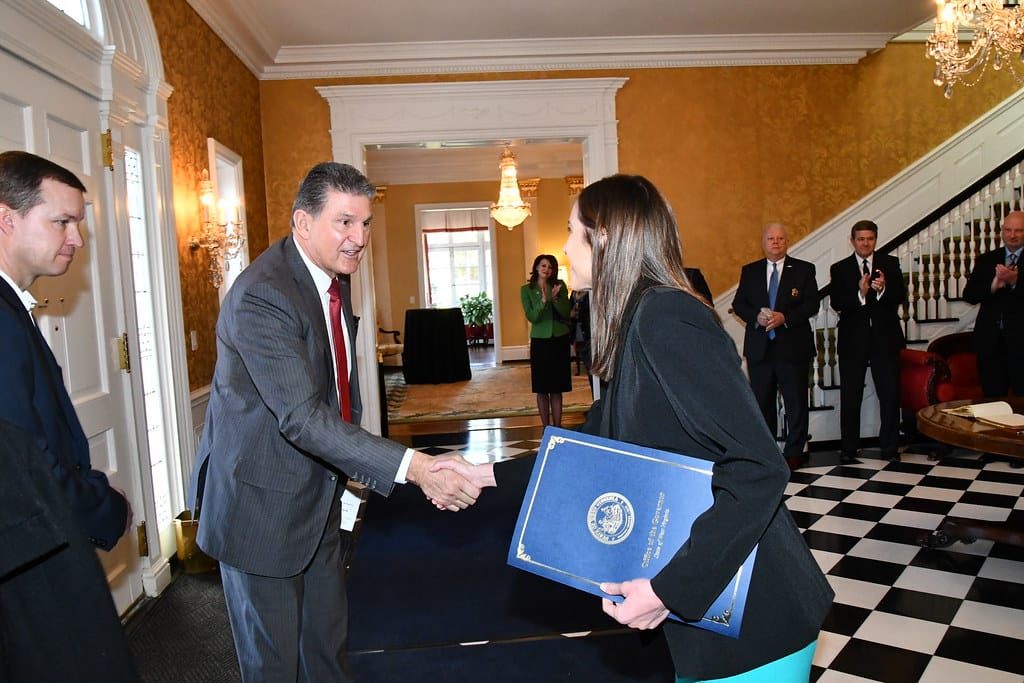The White House expressed concerns regarding the National Defense Authorization Act (NDAA) amid ongoing discussions in the House of Representatives…
The NDAA determines the annual budget for US defense operations. It is crucial for the country’s security and military readiness.
White House Raises Concerns Over NDAA Amid Bipartisan Debate
The White House’s concerns center around the proposed defense spending levels. Biden’s advisors are convincing lawmakers to be wart about overextending the budget.
Despite the ongoing debate in the House, Democrats and Republicans have varying viewpoints on how much should be allocated to the defense budget…
Hence, the situation has led to a partisan discussion. Both sides are seeking a compromise that ensures national security without excessive spending.
As the debate continues, some lawmakers have highlighted the importance of investing in modernizing the military to meet evolving threats and challenges…
Others emphasize the need to control spending and allocate resources responsibly. The NDAA’s passage is typically a bipartisan effort. It reflects the shared commitment to safeguarding the nation.
However, this year’s deliberations have become more contentious. It raises concerns about potential delays in finalizing the bill.
Only time can tell how the House will reconcile these differing perspectives to arrive at a comprehensive NDAA. It addresses the nation’s defense needs while being fiscally responsible.
Right now, the implications for the following hangs in balance:
- Armed forces
- The nation’s security
It becomes crucial for lawmakers to find common ground and pass the NDAA promptly.
Senate and House Clash Over NDAA as National Security Hangs in the Balance
The legislation determines the resources available to safeguard the US and its interests. This makes it a top priority for both sides of the aisle.
The standoff centers around the proposed:
- Funding levels
- How best to allocate resources for the military
Republicans are advocating for robust defense spending, which does the following:
- Citing the need to maintain military readiness
- Addressing emerging threats
On the other hand, Democrats are pushing for responsible budgeting. It raises concerns about potential excessive spending that may impact other critical government programs…
As the debate intensifies, a growing sense of urgency exists to find a compromise that ensures national security without jeopardizing fiscal responsibility…
The NDAA has historically enjoyed bipartisan support. It reflects the shared commitment to protecting the country. However, the current deadlock raises concerns about:
- The bill’s timely passage and its potential implications for the armed forces
- The nation’s security posture
Both chambers of Congress must collaborate to bridge their differences and find common ground. Failure to pass the NDAA promptly could have significant ramifications for:
- Military modernization
- Troop training
- The ability to respond effectively to emerging global challenges
With national security hanging in the balance, it remains to be seen if lawmakers can:
- Put aside their partisan divisions
- Unite for the greater good
As the debate continues, Americans hope that Congress can rise above political differences. They hope to ensure the nation’s defense remains strong and resilient…




